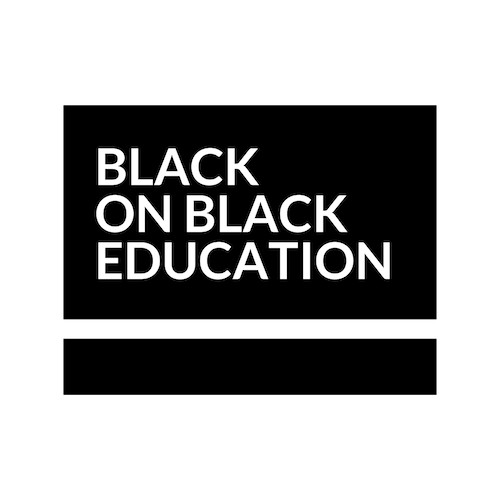Promoting Student Agency: Encouraging Active Participation and Decision-Making
Before we get started this week I want you to take five minutes and reflect on a time when you felt free and fully in control of the end product of a project or assignment you deeply cared about.
How did it make you feel?
What was the impact of this freedom on the outcome of your work?
What prevents you from feeling like this more?
Now that you are done, feel free to use the comment section as a place to jot down your reflections.
Okay, let's get into it!
With that being said, welcome back to the Back to Basics series of the Shhh It's Time to Listen blog!
Now that we are on Week 4, we will delve into the need for student agency and how it can be promoted through active participation and decision-making. This week I spent my days from 10 am to 5 pm at Teachers College's Reimagining Education Summer Institute (RESI). On Tuesday afternoon, a session led by Dr. Jamila L. Lyiscott titled "Literacies Pedagogy: Unleashing the Power of Language to Change the World".
I sat in this session baffled by the connection between her talk and the topic for this week, Promoting Student Agency. Education can and should be our passport to the future but it can only happen when we step away from pushing our young people to fit into the mold of a "good student", and better embrace who they are and the genius that lives inside them.
How do we do that?
You got it. Student Voice and Student-Centered Practices!
In her session, Jamila L. Lyiscott highlights that agency activates inner assets and power. This should always be the goal of student-centered education. She confirmed and affirmed for me the need to encourage students to take ownership of their learning journey in an effort to achieve academic growth and overall development.
So, let's explore some practical strategies to foster student agency in the classroom.
As we reflect on the last couple of weeks, as educators we have to start by understanding the importance of student voice and learning strategies to foster student voice. But before you can use those strategies you must build relationships with the young people you serve. Then you have the skills needed to empower student voice and give them choices that allow them to sharpen their understanding of their personal genius.
Once you can do all of that it is time to recognize and understand student agency. We need to create space in our classrooms and schools for students to lead and more importantly, give students the skills needed to discover that personal genius and ignite their personal power.
Here are a few strategies to begin that process:
Create space for Affirmation: Teach them to acknowledge and celebrate their accomplishments, efforts, and unique qualities. By teaching them to provide positive reinforcement for themselves, you give them the tools to boost their confidence, self-esteem, and sense of agency.
Implement Inquiry-Based Learning: Inquiry-based learning is a powerful approach that promotes active participation and decision-making. Encourage students to ask questions, investigate topics of interest, and pursue their own lines of inquiry. Provide opportunities for hands-on experimentation, problem-solving, and critical thinking. We, as educators, have the opportunity to facilitate the learning process by guiding students' inquiries, providing necessary resources, and encouraging them to reflect on their findings. By engaging in self-directed exploration, students become active participants in constructing their knowledge, enhancing their sense of agency.
Foster Reflective Practices: Reflection is a vital component of developing student agency. Encourage students to reflect on their learning experiences, set goals, and evaluate their progress. Provide structured opportunities for self-assessment, peer feedback, and metacognitive reflection. Help students develop the ability to recognize their strengths and areas for growth, and empower them to make informed decisions about their learning path. By nurturing reflective practices, educators support students in becoming active agents in their own education.
Promoting student agency through active participation and decision-making is a transformative approach to education. By implementing strategies such as creating a culture of collaboration, offering authentic choices, embracing inquiry-based learning, fostering reflective practices, and embracing student voice, we can empower students to take ownership of their education.
As students develop a sense of agency, they become active participants in their learning journey, leading to increased engagement, motivation, and lifelong learning skills. Next week we will dig into the ways we cultivate the culture of collaboration needed to promote student agency and continue to sharpen your skills as a student-centered practitioner.
See you next week!

